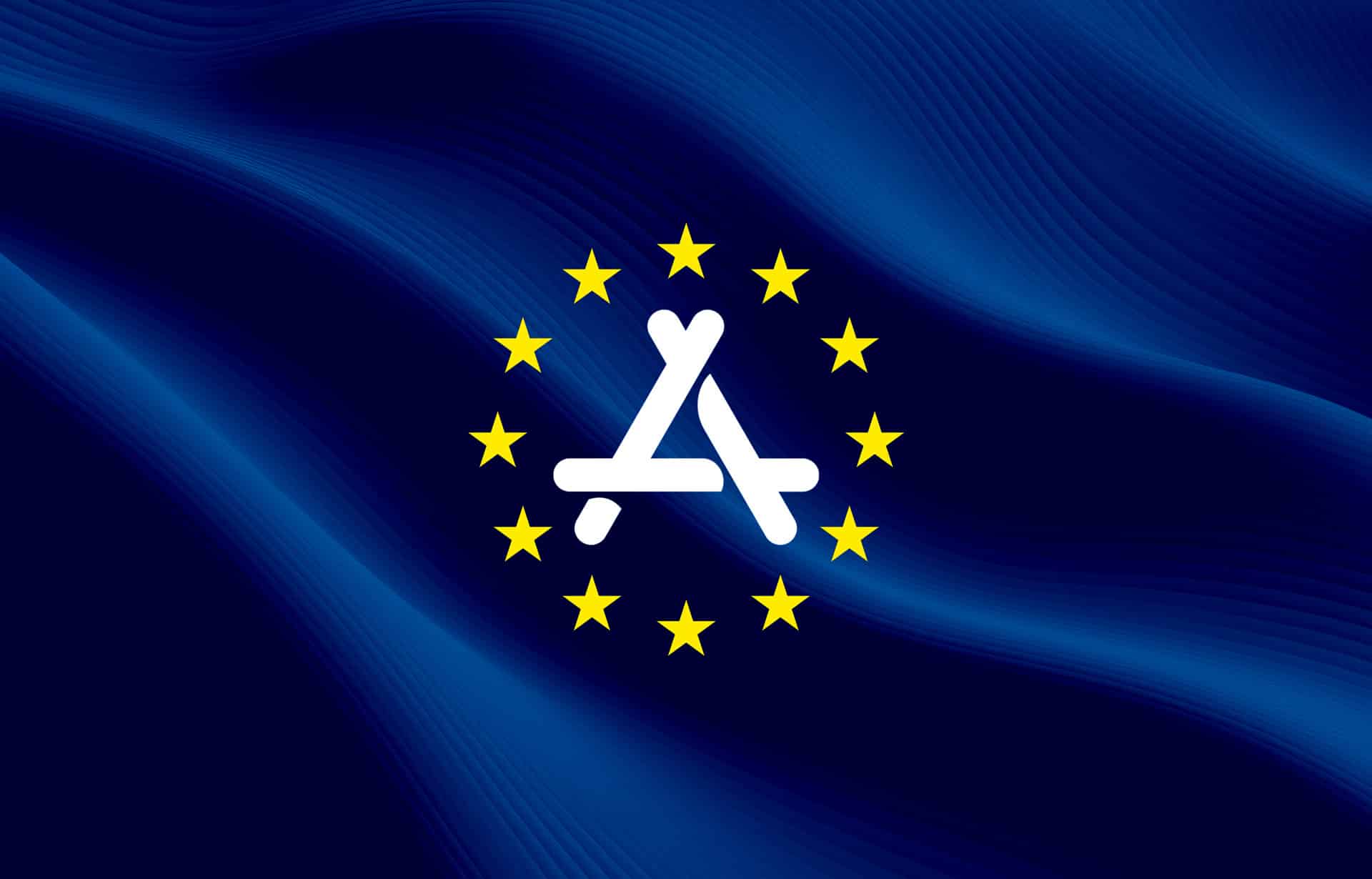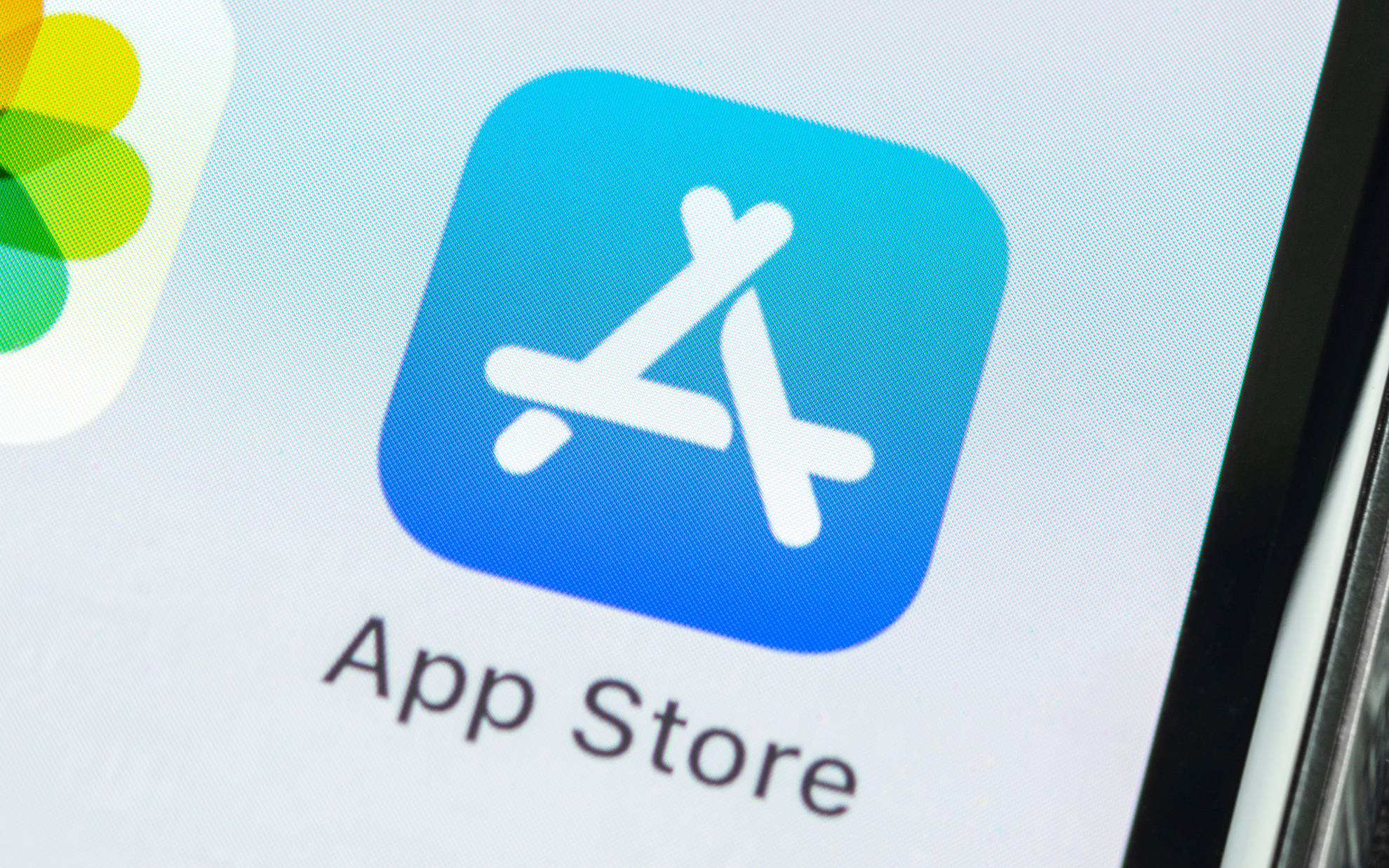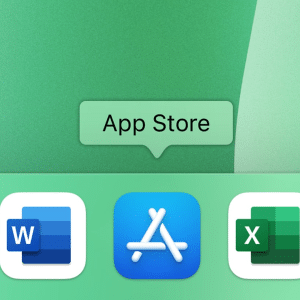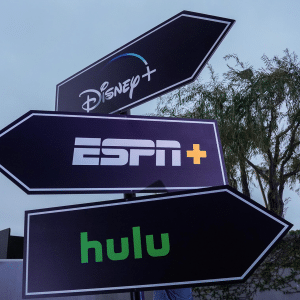In a significant development, Apple has revoked Epic Games Sweden’s developer account on a global scale, citing a consistent pattern of unreliable behavior by the game developer.
Apple’s decision stems from what it describes as “Epic’s egregious breach of its contractual obligations,” which the Cupertino company said led to judicial backing that permits Apple to end its association with any of Epic Games’ entities at its discretion.
The tech giant expressed concerns over Epic’s future compliance with the Apple Developer Program’s terms, indicating a lack of trust in the game developer’s commitment to abide by the agreed-upon conditions.
Epic Games, known for its popular title Fortnite, revealed plans to use its Swedish account to introduce an Epic Games Store on iOS in the European Union, aiming to reinstate the Fortnite app on the iPhone.
This move was in alignment with Apple’s adaptation to the Digital Markets Act in the EU, which for the first time allowed alternative app marketplaces on the iPhone starting with iOS 17.4.

However, Apple’s action to terminate the account has been labeled by Epic as a violation of the Digital Markets Act, with the games developer accusing Apple of obstructing genuine competition on iOS devices.
Epic’s response to the termination underscored the implications for its potential as a competitor to the Apple App Store and criticized Apple for deterring developers from challenging or critiquing its practices. According to Epic, the suspension of its Swedish developer account also reflects Apple’s response to criticism from Epic CEO Tim Sweeney regarding Apple’s compliance strategies with the Digital Markets Act.
A letter from Apple’s App Store chief Phil Schiller to Epic highlighted concerns over Sweeney’s outspoken criticism and Epic’s historical non-compliance with contractual terms, suggesting a reluctance to adhere to Apple Developer Program rules in the future.
This legal skirmish originated in 2020 following Apple’s removal of Fortnite from the App Store for violating its payment rules, prompting Epic to sue Apple for alleged anti-competitive actions.
This event marked the beginning of a high-profile legal battle that continues to unfold in the U.S. and Australia, signaling an ongoing conflict between the two companies over marketplace policies and developer rights.












